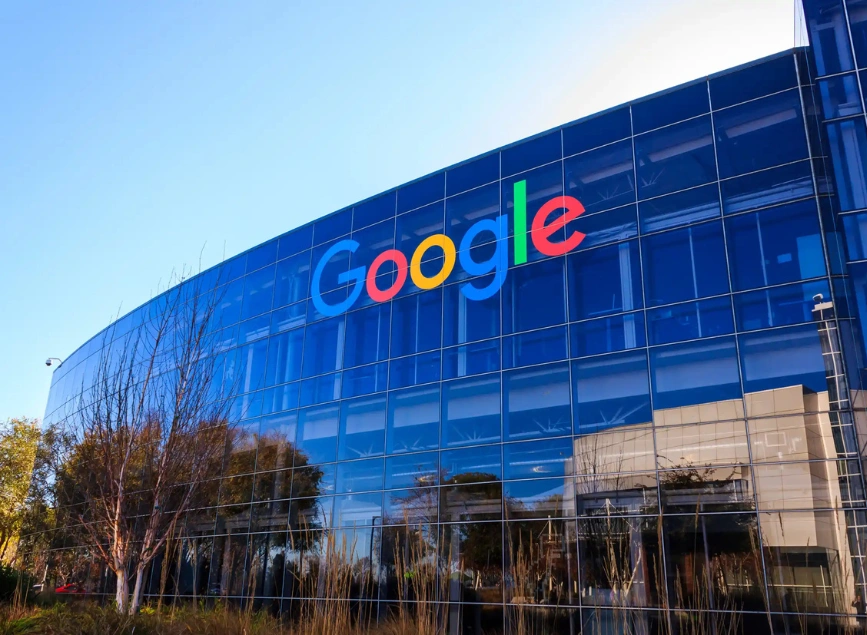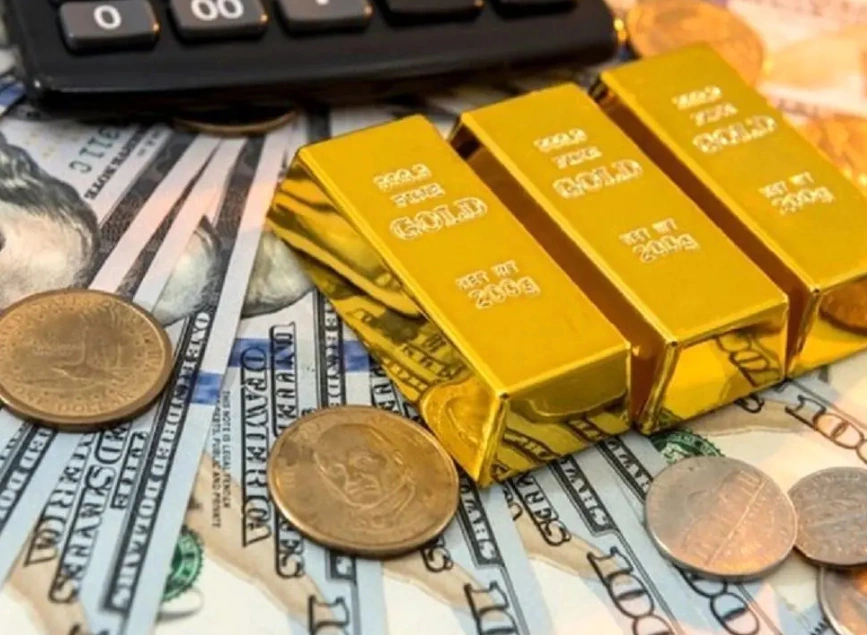
Google: From a University Project to a Digital Empire Dominating Markets and Money
Estimated reading time: 3 minutes
Table of contents
In the fast-paced world of technology, stories of companies rising from scratch to become giants in the digital economy are common but few have achieved success quite like Google. What began as a research project between two Stanford students has grown into one of the largest companies in history not only in technology but also in global financial markets.
The Beginning: The Spark from Stanford University
In 1996, a research project named BackRub was launched by two passionate minds, Larry Page and Sergey Brin. The idea focused on a search engine that ranked pages based on the quality of their links rather than just keywords, leading to the revolutionary PageRank algorithm.
By 1997, the founders chose a new name: Google, inspired by “Googol,” a number symbolizing their ambition to index an infinite amount of information.
✅ Foundation and Launch
On September 4, 1998, Google was officially founded with initial funding of $100,000. The humble beginnings started in a simple garage in California, a lasting symbol in the startup world.
✅ Google Builds the World’s Most Powerful Search Engine
Page and Brin relied on a technical architecture built with Java to create a fast and scalable system. The search engine was based on the principle of “trusted links,” delivering precise and engaging results for users, quickly outperforming competitors like Yahoo and AltaVista.
From Search Engine to Digital Empire
The ambition didn’t stop at search: Google embarked on an unprecedented expansion path:
- 2004: Went public with an IPO.
- 2006: Acquired YouTube for $1.65 billion.
- 2007: Launched the Android operating system.
- 2010: Released Chrome, which became the most widely used browser.
- 2015: Established parent company Alphabet to manage diverse expansions.
📘Programming Languages Born at Google
- Go (Golang): An open-source language designed for highly efficient and concurrent applications. Used in backend systems and cloud computing, adopted by companies like Docker and Dropbox.
- Dart: The language behind Flutter, a framework for building mobile apps from a single codebase. It has become a top choice for iOS and Android app development.
Google’s Tools: Changing How We Live and Work
- Google Maps and Earth: Exploring the world digitally.
- Gmail and Drive: Redefining email and cloud storage.
- Google Translate: Breaking down language barriers.
Google in Financial Markets: From Emerging Stock to Investment Haven
- IPO: On August 19, 2004, Google went public on NASDAQ at $85 per share. Its stock rose 18% on the first trading day, closing above $100.
- Stock Splits and Growth:
- 2014: 2-for-1 stock split.
- 2022: 20-for-1 split to make shares more accessible to retail investors.
- 📘If you had invested $1,000 at the 2004 IPO, it would be worth over $76,000 today.
Read More: How Junjie Zhang Brewed a Tea Empire and Hit Nasdaq by Age 30
🔍 Current Stock Performance
- Ticker: GOOGL
- Price (July 2025): Around $175.84
- Market Cap: Over $1.87 trillion
- P/E Ratio: About 16.9
- EPS: 9.15
🔍 Top Investors in Google Stock
- Founders Larry Page and Sergey Brin still hold large stakes via Class B shares.
- Vanguard Group owns over 7%.
- BlackRock is the second-largest institutional owner.
- Fidelity and State Street are also major investors.
- Approximately 87% of GOOGL shares are owned by financial institutions.
Conclusion: Google Between Innovation and Investment
Google’s story is not just that of a successful company; it’s a complete model of how an academic idea can transform into an entity reshaping the world.
From a simple search engine to a platform controlling the world’s data and digital tools, from a small garage to one of the most influential stocks in global financial markets.
Google is no longer just a place to search it’s a destination for investors, a lab for innovation, and a driving force for humanity’s digital progress.
Share
Hot topics

Best broker for gold trading
There’s always been a certain magic about gold. Before online charts and trading applications, people stored their wealth in coins and bars, trusting that gold would retain its value during...
Read more




Submit comment
Your email address will not be published. Required fields are marked *